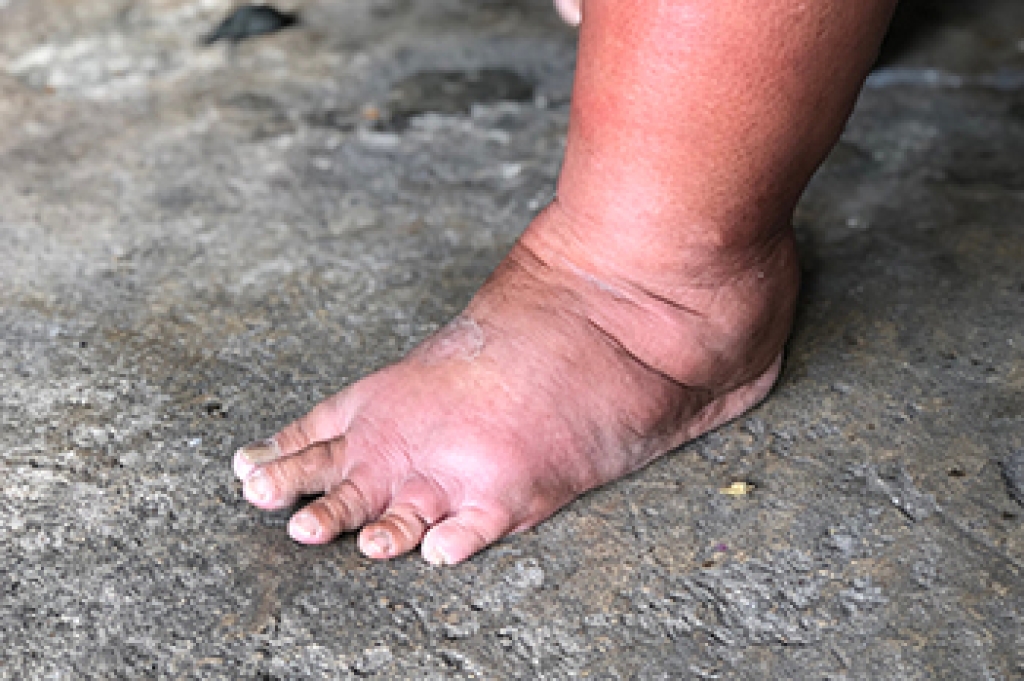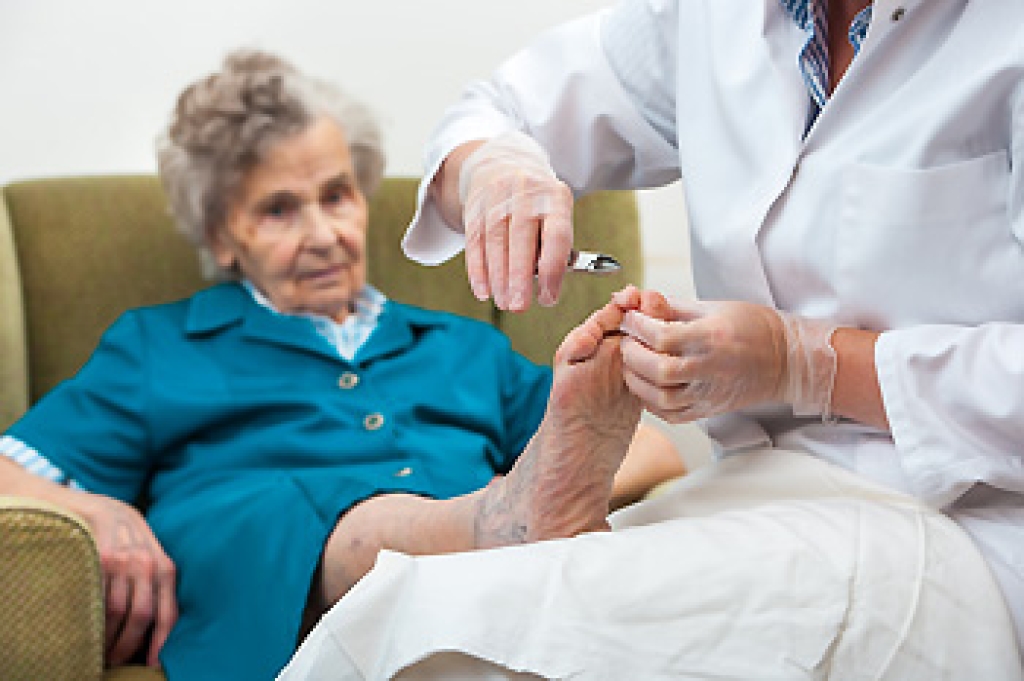 Bunions are bony bumps that form at the base of the big toe, causing the toe to deviate towards the others. A tailor's bunion, or bunionette, occurs on the outside of the foot at the base of the little toe. Bunions develop due to prolonged pressure on the foot joints, often from wearing tight or ill-fitting shoes, genetics, or conditions like arthritis. They appear as swollen, painful bumps that can cause significant discomfort, redness, and calluses. Walking and wearing shoes can exacerbate the pain. Individuals with a family history of bunions, those with foot deformities, or people who frequently wear high heels or narrow shoes are more susceptible. Prevention involves wearing properly fitting, supportive shoes with a wide toe box and avoiding high heels. Severe cases might require custom orthotics or surgery. If you suffer from bunion pain, it is suggested that you consider regular appointments with a chiropodist for effective management and long-term relief.
Bunions are bony bumps that form at the base of the big toe, causing the toe to deviate towards the others. A tailor's bunion, or bunionette, occurs on the outside of the foot at the base of the little toe. Bunions develop due to prolonged pressure on the foot joints, often from wearing tight or ill-fitting shoes, genetics, or conditions like arthritis. They appear as swollen, painful bumps that can cause significant discomfort, redness, and calluses. Walking and wearing shoes can exacerbate the pain. Individuals with a family history of bunions, those with foot deformities, or people who frequently wear high heels or narrow shoes are more susceptible. Prevention involves wearing properly fitting, supportive shoes with a wide toe box and avoiding high heels. Severe cases might require custom orthotics or surgery. If you suffer from bunion pain, it is suggested that you consider regular appointments with a chiropodist for effective management and long-term relief.
Bunions progressively worsen over time and may cause walking in your shoes to become difficult. To learn more about bunions, please consult with one of the chiropodists from The Footcare Centre. Our chiropodists will assess your condition and provide you with quality foot and ankle treatment.
What Are Bunions?
A bunion is a bony bump that protrudes from the base of the big toe. Bunions are caused due to a misalignment of the first metatarsal. The characteristic bump of a bunion forms when the metatarsal shifts outwards from its proper position. Bunions develop slowly over time and progressively worsen without treatment. The skin over the bunion may develop calluses due to the friction from shoes. Eventually, a bunion can make walking uncomfortable or even painful. Bunions are one of the most common foot deformities and are especially common in women and older adults.
Symptoms
A bunion appears as a bulging bump on the outside of the base of the big toe.
The bunion may also:
- Be swollen, red, or sore
- Develop corns or calluses over it
- Cause pain
- Limit the big toe’s range of motion
Treatment
There are several different treatments available for bunions. Conservative treatment options include wearing shoes with a wider toe box, cushioning the bunion with a specialized pad, wearing shoe inserts, icing the bunion if it becomes inflamed, and taking medications to relieve pain. In more severe cases, more invasive procedures may be done. This may involve removing the swollen tissue around the bunion, straightening the big toe, realigning the bones at the front of the foot, or a combination of these procedures.
If you have any questions, please feel free to contact our office located in . We offer the newest diagnostic and treatment technologies for all your foot care needs




